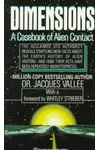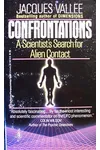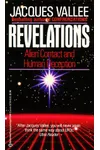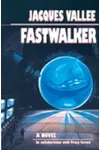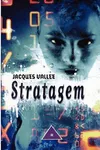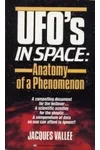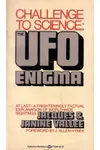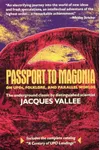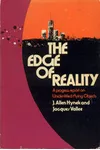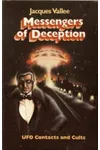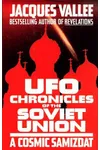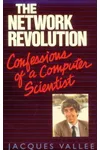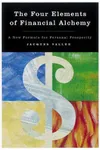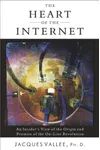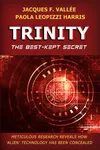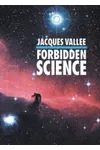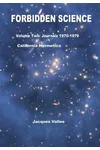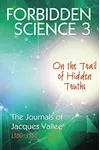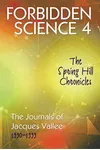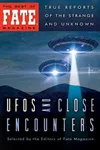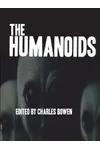Picture a French scientist who traded telescopes for UFO mysteries and helped build the internet’s foundation—meet Jacques F. Vallée! Born in 1939, Vallée is a polymath whose career spans astronomy, computer science, venture capitalism, and groundbreaking UFO research. With a knack for blending rigor with wonder, he’s reshaped how we think about the cosmos and our place in it.
From mapping Mars for NASA to exploring eerie parallels between UFO sightings and ancient folklore, Vallée’s work is a thrilling mix of science and speculation. His books, like Passport to Magonia, challenge us to question reality itself. Ready to dive into the mind of a true visionary? Let’s explore Jacques F. Vallée’s extraordinary journey!
The Making of Jacques F. Vallée
Born on September 24, 1939, in Pontoise, France, Jacques Vallée was a stargazer from the start. He earned a bachelor’s degree in mathematics from the Sorbonne and a master’s in astrophysics from Lille University. His early career at the Paris Observatory sparked a lifelong fascination with the unknown, especially after he witnessed the destruction of tracking tapes for an unidentified object in 1961. This event ignited his passion for UFOs, leading him to the U.S. in 1962 to work at the University of Texas and later earn a PhD in computer science from Northwestern University in 1967.
Vallée’s early brush with the unexplained, coupled with mentorship from UFO researcher J. Allen Hynek, set the stage for a dual career in science and ufology. While working on ARPANET—a precursor to the internet—at SRI International, he was already penning books that would redefine UFO research. His curiosity and skepticism made him a trailblazer in both tech and the paranormal.
Jacques F. Vallée’s Unforgettable Works
Vallée’s writing is a heady blend of scientific inquiry, philosophical depth, and folklore. His 1969 classic, Passport to Magonia: From Folklore to Flying Saucers, is a game-changer, arguing that UFOs might not be extraterrestrial but interdimensional, echoing ancient tales of fairies and demons. This multidimensional hypothesis shook the UFO community and remains influential today.
Other key works include The Invisible College (1975), which explores UFOs’ psychological and cultural impacts, and Dimensions: A Casebook of Alien Contact (1988), a meticulous study of close encounters. Messengers of Deception (1979) dives into UFO cults and disinformation, showcasing Vallée’s knack for spotting societal patterns. His style—clear, analytical, yet open to mystery—invites readers to question everything, from government narratives to the nature of reality itself.
Vallée’s journals, like Forbidden Science, offer a behind-the-scenes look at his research and the scientific community’s resistance to UFO studies. His work doesn’t just document sightings; it weaves a tapestry connecting modern phenomena to humanity’s oldest myths, making his books timeless and thought-provoking.
Why Jacques F. Vallée Matters
Jacques F. Vallée’s impact is profound, bridging science and the unexplained. His interdimensional hypothesis expanded UFO research beyond little green men, influencing academics, filmmakers, and even government inquiries. By framing UFOs as part of a broader human experience, he’s inspired generations to explore the unknown with both skepticism and imagination.
As a venture capitalist, Vallée funded tech giants like Electronics for Imaging, proving his Midas touch in innovation. His work on ARPANET helped shape the digital age, while his UFO database laid the groundwork for modern UAP studies. Vallée’s legacy is a call to stay curious, challenge dogma, and embrace the mysteries that define our world.
- Born: September 24, 1939, in Pontoise, France
- Key Works: Passport to Magonia, Dimensions, The Invisible College
- Notable Roles: Astronomer, computer scientist, venture capitalist, ufologist
- Fun Fact: He consulted on Spielberg’s Close Encounters of the Third Kind!
About Jacques F. Vallée
Grab Passport to Magonia and dive into Jacques F. Vallée’s mind-bending world of science, mystery, and cosmic wonder!
